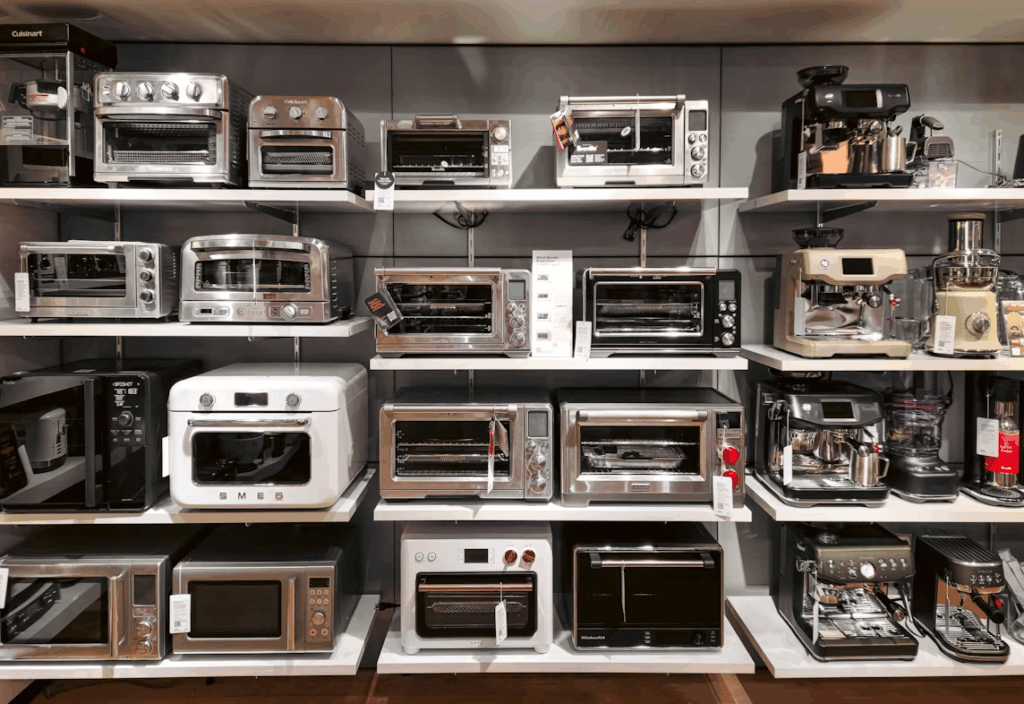Homeownership has long been seen as a milestone of success, a sign that you have “made it.” Yet in today’s economy, many people are revisiting renting vs buying pros and cons. Between higher interest rates, rising property taxes, and maintenance costs, buying a home is not always the smartest move.
In many cases, renting can be the more flexible and financially sound option. The best choice depends on your lifestyle, stability, and long-term goals. Understanding both sides will help you make a decision rooted in logic rather than social pressure.
The Hidden Costs of Owning
Buying a home builds equity, but it also brings expenses that renters rarely face. Property taxes, insurance, HOA fees, and repairs can easily add thousands each year. Financial advisors often estimate that homeownership costs about one to two percent of the property’s value annually in maintenance alone.
For example, a $400,000 home may require $4,000 to $8,000 per year for upkeep. Add in lawn care, appliance replacements, and unexpected repairs, and the “monthly savings” of owning can vanish quickly.
Owning also limits mobility. Selling a home too soon can wipe out your gains in closing costs and realtor fees. If your job, relationship, or life goals are likely to change in the next few years, renting allows you to remain flexible and adaptable.
Planning a move or major shift? See Budgeting for Big Life Shifts to map costs and timelines.
When Renting Makes Financial Sense
Renting often gets a bad reputation, but it can provide stability without long-term risk. It is especially smart during periods of economic uncertainty or when housing prices are inflated.
Renting protects you from market downturns and sudden repair bills. It also frees up capital that would otherwise be tied to a down payment. That cash can be invested elsewhere, such as stocks, retirement funds, or a business, potentially offering higher returns than home equity growth.
Renters also benefit from predictability. With a fixed lease, you know your monthly cost upfront, and the landlord bears the financial burden of maintenance and taxes. For anyone focused on mobility, savings goals, or career growth, renting can provide peace of mind and liquidity that ownership cannot.
See The Minimalist Wallet: Streamline Your Spending Habits to free up cash for your next move.
When Buying Becomes the Better Choice
Of course, ownership still holds long-term advantages for those ready to settle down. Real estate remains one of the most reliable ways to build generational wealth. If you plan to stay in one place for seven years or more, buying often proves to be the more cost-effective option in the long run.
Mortgage payments, while initially higher, eventually build equity instead of vanishing into rent. Over time, fixed-rate mortgages protect you from inflation, while property values typically rise. Ownership also offers freedom—no landlord restrictions, the ability to remodel, and the pride of having something truly yours.
The key is entering the market wisely. Avoid stretching your budget to buy sooner. Financial experts recommend spending no more than 30% of your income on housing and keeping an emergency fund equal to at least three months of mortgage payments.
Guard your plan in any economy with our guide on Recession-Proofing Your Finances.
The Middle Ground: Rent-to-Own and Shared Equity
For those caught between renting and buying, hybrid options can offer balance. Rent-to-own programs enable tenants to build credit and equity over time, allowing them to test whether homeownership suits their lifestyle.
Shared equity models, where investors or family members contribute part of the down payment in exchange for a share of future profits, are also gaining popularity. These approaches reduce the barrier to entry without committing fully to long-term debt.
Exploring creative ownership paths can make financial independence more achievable in an unpredictable market.
Making the Smart Choice for You
Ultimately, the decision between renting and buying is a personal one. If flexibility, lower risk, and liquidity are your top priorities right now, renting can be the smartest move. If stability, long-term wealth, and customization are priorities, buying may be worth the investment.
Do the math honestly, considering not only your budget but your life trajectory. The most intelligent financial decision is the one that aligns with your goals, not society’s expectations.




